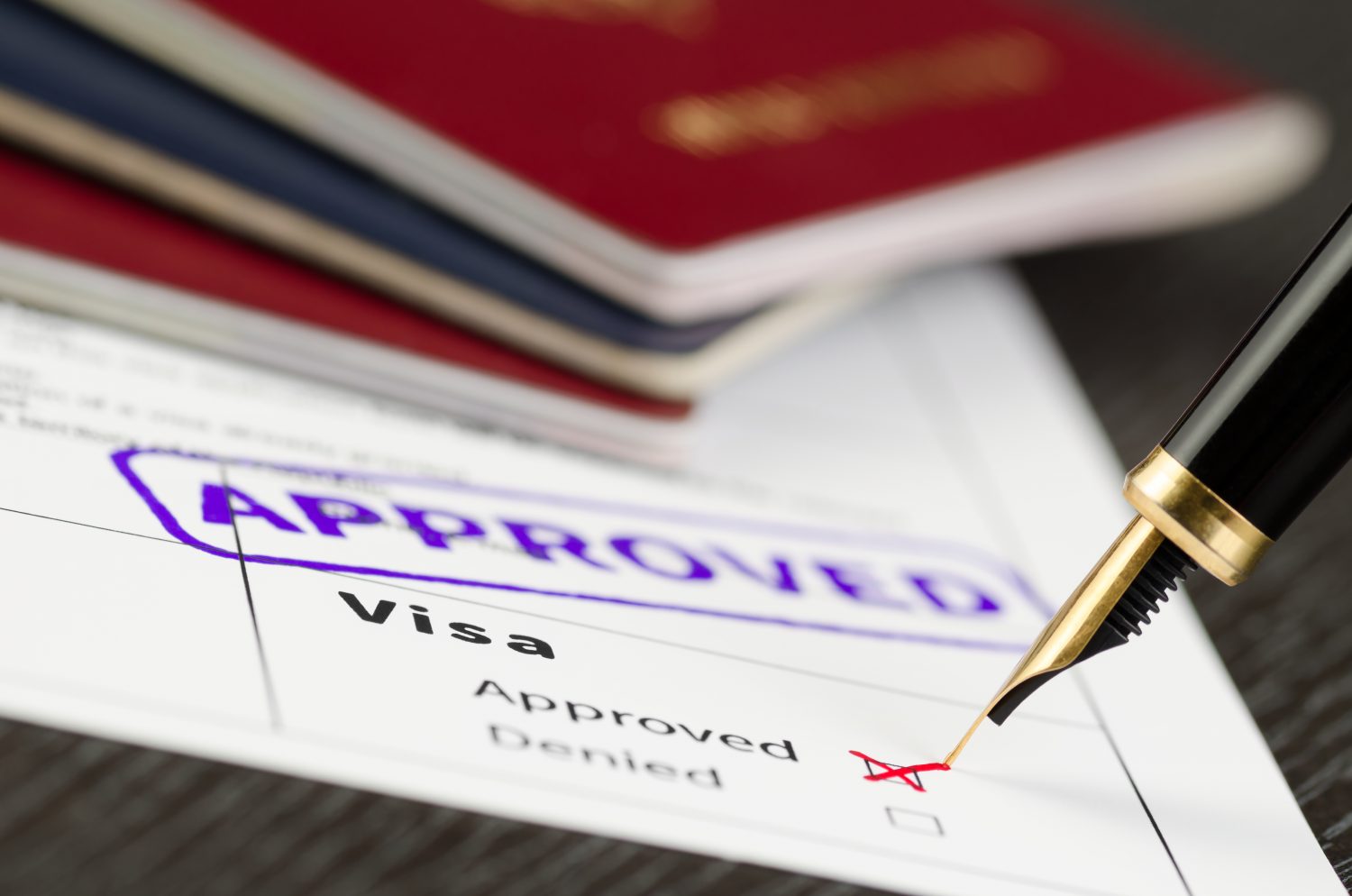Can I get a reduction or exemption in my Home Office fees?

The Home Office have now confirmed the promised increase in application fees, which will take effect from 4 October 2023.
If you are looking to make an application, you may find that you will struggle to pay the necessary fees and, in some cases, this may put you off applying all together.
There is, however, a degree of help available to those who cannot pay the fees for an application in the form of a fee waiver.
What is an immigration fee waiver?
A fee waiver is a secondary application made before a desired immigration application. Its purpose is to enable an applicant to be exempt from paying all or part of the required Home Office fees.
It is designed to allow people access to applications which are necessary for the effective realisation of their convention rights despite financial difficulties.
This essentially gives a two-part test which the applicant must satisfy:
- The application is one which substantially affects the applicant’s human rights in the UK.
- There is a degree of financial difficulty that means an applicant cannot be expected to meet the full financial burden imposed by the application fees.
What type of applications is a fee waiver available for?
Fee waivers are only available for certain in-country applications. These include certain family applications, applications made on the basis of ECHR human rights, and applications made by victims of human trafficking or modern slavery.
However, there is a further requirement that the application must also be substantively based on a human rights argument. This means that, in reality, not every application that appears eligible will be.
What is the test for a fee waiver to be granted?
The Home Office says that fee waivers for available applications should be granted when the applicant demonstrates one of the following is true:
- They do not have sufficient disposable funds to meet the application fees
- They are destitute or at risk of imminent destitution
- Their income is not sufficient to meet their child’s needs
Whether one of the above circumstances is true depends upon each applicant’s individual circumstances and it is not simply a matter of comparing an applicant’s income to a pre-determined threshold.
Even if you have a relatively high income, you could still be eligible if your personal circumstances justify a fee waiver.
This means applying for a fee waiver is often a complicated process, with a lot of discretion afforded to the Home Office decisionmaker.
How do I apply for a fee waiver?
Fee waiver applications are made online and supporting documents must be uploaded shortly after.
Once you have submitted the application for a fee waiver, your leave will be extended on the same conditions as previously while the application is processing.
What evidence do I need for a fee waiver?
The evidence required will depend upon the specific circumstances of the applicant. If an applicant is employed, for example, they will need different evidence to an applicant receiving benefits.
As a general rule, an applicant must provide full evidence of their income and outgoings for a period of between 6 and 12 months before an application is made. Evidence of an applicant’s family relationships may also be required.
There is no exhaustive list of the evidence that needs to be provided and proving you are eligible can be a complex and difficult process.
What decision can be made?
There are three decisions that can be made following an application.
- Fee waiver granted in full
This would mean you would be exempt from the entirety of the Home Office application fees and any Immigration Health Surcharges.
- Fee waiver refused
You would remain liable for all the fees for an application. There is no ability to appeal against the refusal or to request the decision be reviewed. Instead, a new application must be submitted.
- Fee waiver granted partially
This would mean that you would be exempt from some of the fees while still being required to pay part of the fees. This could be split so that you are required to pay the application fees but not the Immigration Health Surcharge or, if you are applying for multiple people, the fees for some but not all of the applicants made be waived.
What happens after the fee waiver decision?
If a fee waiver is granted, wholly or partially, you must then make the main application within a specified period of time, usually 10 days, and attend a biometric appointment within 29 days.
If you do not make an application within that time, the fee waiver may become invalid, and a new application would need to be submitted.
In addition, if your leave has expired while the fee waiver application is pending, if you do not submit the main application within the 10 day period, you will become an overstayer.
If your application is refused and your leave has expired in the meantime, you will have a ten day period in which to make a full application. If you do not make an application within this period, you will also become an overstayer.
It can therefore be very important to ensue you have made arrangements for the main application before any decision is made on the fee waiver.
Contact Us
If you are considering applying for a fee waiver, our dedicated and expert immigration team will be able to give you clear advice on your options and assist you with making an application to ensure the best chances of success.



